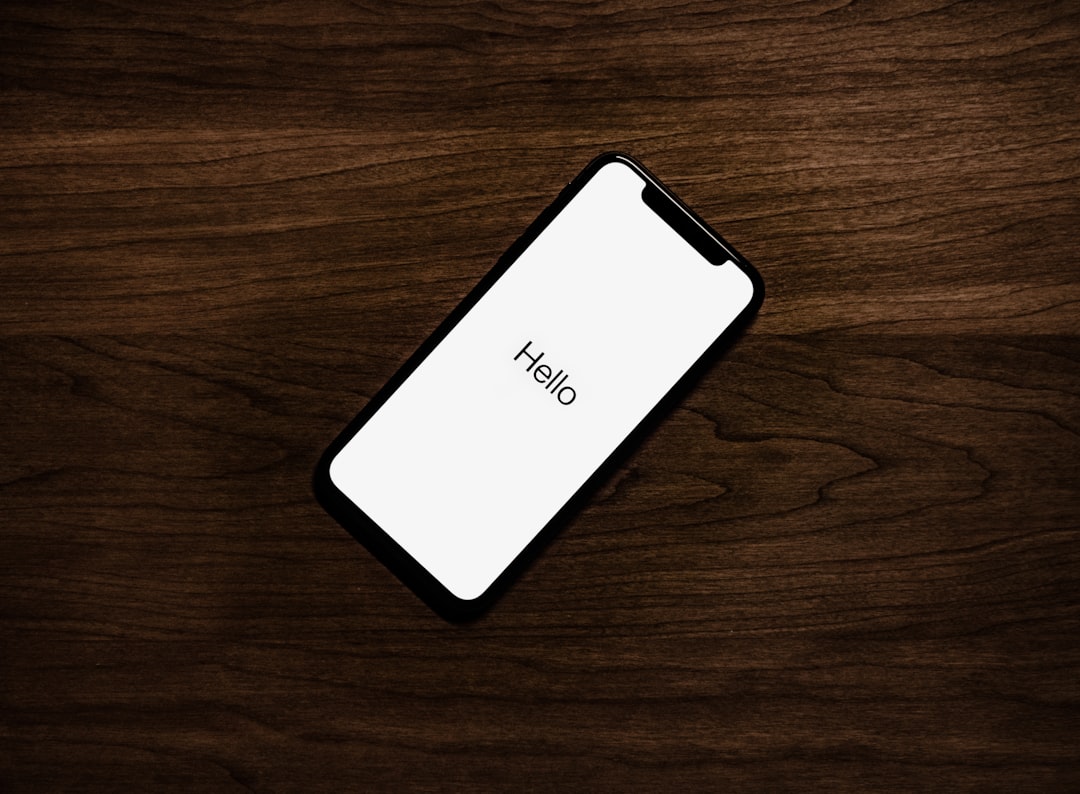This article provides an overview of the antitrust action against Apple, including the allegations, key players involved, potential consequences and outcomes, comparison with the Microsoft antitrust case, and future implications for the tech industry.

Introduction to the Antitrust Action Against Apple
The new antitrust action against Apple by the US Department of Justice highlights the company’s alleged monopolistic behavior in the smartphone markets, affecting both consumers and developers. One specific allegation in the lawsuit is that Apple has been employing covert tactics to maintain the dominance of the iPhone in the market, which has raised concerns about fair competition. For instance, the lawsuit points out how Apple’s strict control over the App Store has limited the options available to developers and potentially stifled innovation in the tech industry.
Moreover, the involvement of prominent entities such as US Attorney General Merrick Garland, Tim Cook, and rival companies like Samsung and Google adds complexity to the legal battle. This antitrust case is not just about Apple’s market practices but also about the broader implications for the tech industry as a whole, with potential repercussions for competition, innovation, and consumer choice. The outcome of this lawsuit could set a significant precedent for how tech companies operate and could reshape the competitive landscape in the smartphone market.
 Background and Allegations
Background and Allegations
The antitrust case against Apple not only scrutinizes the company’s messaging strategy but also delves into the phenomenon known as the green bubble stigma, where messages from non-iPhone users appear differently on Apple devices. For instance, the lawsuit highlights how Apple’s iMessage platform subtly encourages iPhone users to communicate within the Apple ecosystem, creating a sense of exclusivity that may deter users from transitioning to other brands like Android.
Moreover, Apple’s strategic move to tightly integrate the Apple Watch with the iPhone is under the legal microscope. By making the Apple Watch heavily reliant on the iPhone for functionalities like notifications, health tracking, and app integrations, Apple may be reinforcing user loyalty by making it more challenging for consumers to switch to Android devices without losing key features and data. This practice raises concerns about potential anti-competitive behaviors that could limit consumer choice and stifle innovation in the smart device market.
Furthermore, the lawsuit considers the impact of the European Union’s regulatory actions on Apple’s business practices. With the EU’s history of imposing fines and regulations on tech giants for antitrust violations, Apple may face increased scrutiny and pressure to adjust its policies to align with the EU’s standards. The discontent expressed by major tech players like Microsoft further underscores the complexity and implications of the antitrust case, as it sheds light on industry dynamics and the competitive landscape affected by Apple’s strategies.
 Potential Consequences and Outcomes
Potential Consequences and Outcomes
In the event that Apple is found guilty of antitrust violations, the potential consequences are severe, including the imposition of structural remedies or even the extreme measure of the company being broken up, which could have far-reaching implications for its business model and operations. For example, if Apple were to face structural remedies, it might be required to open the iPhone to third-party stores as a remedy, fundamentally changing its closed ecosystem approach that has been a cornerstone of its business strategy.
Moreover, the timeline of the trial and the possibility of appeals could prolong the legal battle, creating uncertainty for Apple and its stakeholders. The trial, expected to commence in 2025 with potential appeals dragging on until 2027, could lead to years of distraction, impacting Apple’s brand, executive focus, and compliance costs. This uncertainty and prolonged legal battle could also affect Apple’s public image and consumer confidence, as the company navigates through the complexities of the antitrust case.
Additionally, the historical precedence of antitrust cases disrupting companies and diverting their attention from innovation and customer-centric strategies is a significant concern for Apple. The potential outcomes of the case could force Apple to shift its priorities towards legal compliance and away from product development, potentially hindering its ability to compete effectively in the rapidly evolving tech landscape. These implications underscore the critical nature of the antitrust action against Apple and the possible ramifications for the company and the broader industry.
Comparison with the Microsoft Antitrust Case
The comparison between the ongoing antitrust lawsuit against Apple and the landmark Microsoft case sheds light on the intricate legal challenges both tech giants have faced. In the Microsoft case, the scrutiny extended to the entire ecosystem, mirroring the current focus on Apple’s control over the iPhone and the App Store. For instance, just as Microsoft faced allegations of stifling competition by bundling its Internet Explorer browser with Windows, Apple is accused of leveraging its control over the App Store to maintain a monopoly and stifle competing technologies.
Moreover, the potential consequences for Apple echo the fate of Microsoft, with discussions around structural remedies or the possibility of a breakup looming over the current lawsuit. This parallels the outcome of the Microsoft case, where the tech company narrowly escaped a breakup but had to comply with stringent regulations to prevent anti-competitive practices. The parallels between the two cases underscore the gravity of the allegations against Apple and the potential long-term implications for the tech industry at large.
Key Players Involved in the Antitrust Case
The antitrust case against Apple involves key players such as Lisa Monaco, Jonathan Kanter, and the Federal Trade Commission. Lisa Monaco, a prominent figure in the legal field, is leading the charge in investigating Apple’s alleged antitrust violations, bringing her expertise to the forefront of the case. Jonathan Kanter, known for his work in antitrust law, is closely involved in strategizing the legal approach against Apple, leveraging his experience to navigate the complexities of the case. Furthermore, the Federal Trade Commission plays a crucial role in overseeing fair competition practices in the tech industry, actively participating in the investigation to ensure a level playing field for all market players.
In addition to the key individuals involved, the antitrust lawsuit against Apple delves into significant concerns related to the company’s pricing strategies, profit margins, and suspected anticompetitive behaviors. Regulators are closely examining Apple’s pricing models to assess whether they are fair and competitive within the market, shedding light on any potential discrepancies that could harm consumer interests. Moreover, the scrutiny extends to Apple’s profit margins, aiming to determine if they are a result of healthy competition or if they signal monopolistic practices that hinder market dynamics. The alleged anticompetitive practices under investigation include issues such as restrictive contracts or policies that could impede fair competition, prompting a thorough examination of Apple’s market conduct to ensure compliance with antitrust regulations.
Future Implications for the Tech Industry
The outcome of the antitrust case against Apple could have far-reaching implications for the tech industry, shaping the future landscape of smart devices and competition. As seen in previous antitrust cases, the repercussions of such legal actions can lead to significant changes in how tech companies operate and compete in the market. For example, if Apple is found guilty of antitrust violations, it might be required to make structural changes to its business model, impacting not only the company itself but also setting a precedent for other tech giants.
Moreover, the spotlight on Apple’s alleged anticompetitive behavior and control over its ecosystem could prompt a reevaluation of other tech companies’ practices, potentially resulting in a wave of regulatory actions in the industry. This increased regulatory scrutiny may lead to a more level playing field for smaller competitors and startups, fostering innovation and competition in the tech sector. Additionally, the outcome of the Apple antitrust case could influence how other companies approach similar issues, potentially leading to industry-wide changes in business strategies and practices to comply with antitrust regulations.